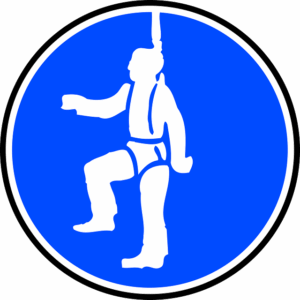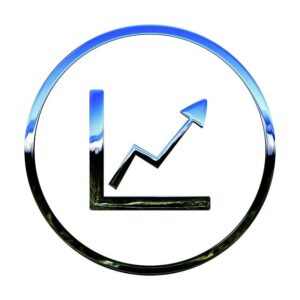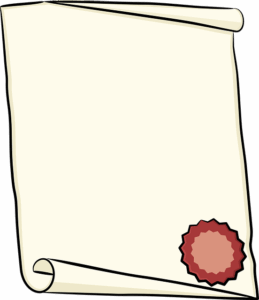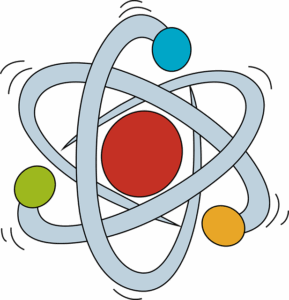Navigating UK Healthcare Regulations: Accurate Drug Safety Report Translations
In the UK healthcare sector, stringent regulations govern Drug Safety Reports (DSRs), emphasizing patient safety and public health. Professional translation services are vital to bridge language gaps, ensure compliance with MHRA guidelines, and maint…….
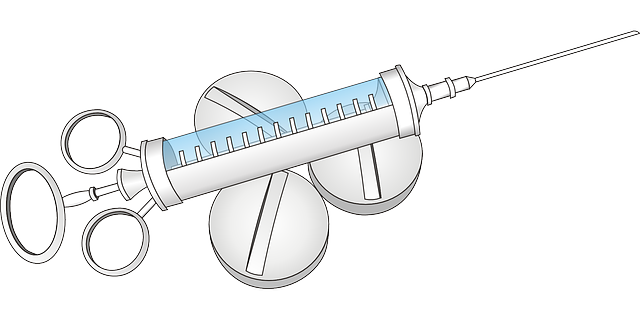
In the UK healthcare sector, stringent regulations govern Drug Safety Reports (DSRs), emphasizing patient safety and public health. Professional translation services are vital to bridge language gaps, ensure compliance with MHRA guidelines, and maintain data integrity. These services leverage expert knowledge of medical terminology and regulatory requirements, employing best practices like quality assurance, native speaker proofreading, and terminological consistency. Case studies highlight the importance of these services in international clinical trials and global understanding. Choosing specialized providers with experience in DSRs is crucial for meeting UK standards. Future advancements in AI and MT aim to streamline translations, enhancing efficiency and accessibility for healthcare professionals worldwide.
Are your safety reports up to scratch with UK healthcare regulations? In an increasingly globalised healthcare landscape, ensuring compliance can be complex. This article delves into the intricacies of UK drug safety report requirements, highlighting the critical role of translation services in navigating these standards.
From understanding regulatory expectations to overcoming challenges in translation, we explore best practices and real-world case studies. Learn how to choose the right provider and stay ahead of the curve with emerging trends in this essential guide for accurate, compliant Drug Safety Reports UK.
- Understanding UK Healthcare Regulations for Safety Reports
- The Role of Translation Services in Ensuring Compliance
- Key Requirements for Drug Safety Reporting in the UK
- Common Challenges in Translating Safety Reports
- Best Practices for Accurate and Compliant Translations
- Case Studies: Successful Translations in Healthcare
- Choosing the Right Translation Provider for Your Reports
- Future Trends and Innovations in Drug Safety Report Translation
Understanding UK Healthcare Regulations for Safety Reports
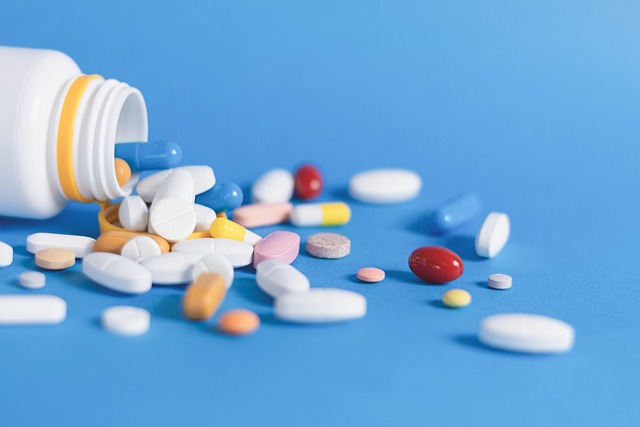
The UK healthcare sector operates under stringent regulations aimed at ensuring patient safety and safeguarding public health. When it comes to safety reports, especially for drug safety reporting (DSR) as required by pharmaceutical companies, adhering to these guidelines is paramount. These regulations are designed to maintain high standards in medication development, clinical trials, and post-market surveillance, with a focus on transparency and accurate documentation.
In the context of Drug Safety Reports UK, understanding the applicable regulations is crucial for translation services. The Medicines and Healthcare products Regulatory Agency (MHRA) plays a pivotal role in enforcing these rules. Translation agencies specializing in medical documents must be adept at navigating complex terminology and ensuring that safety reports are not only linguistically accurate but also conform to the specific formatting and content requirements set by UK healthcare regulators.
The Role of Translation Services in Ensuring Compliance

In the realm of healthcare, especially within the UK, ensuring compliance with regulations is paramount, particularly when it comes to safety reports. One often-overlooked aspect of this process is the role of translation services for Drug Safety Reports (DSRs). As the UK embraces a diverse population, it’s crucial that healthcare documentation, including DSRs, be accessible and understandable to all.
Translation services play a pivotal role in bridging the language gap, guaranteeing that these reports are accurately conveyed in various languages. This is essential because non-compliant translations can lead to misinterpretations, which may have severe consequences for patient safety. Professional translators with expertise in pharmaceutical terminology ensure precise and culturally sensitive translations, facilitating effective communication across healthcare settings. By leveraging translation services, healthcare organizations can confidently submit DSRs that meet UK regulations, fostering a safer and more inclusive healthcare environment.
Key Requirements for Drug Safety Reporting in the UK
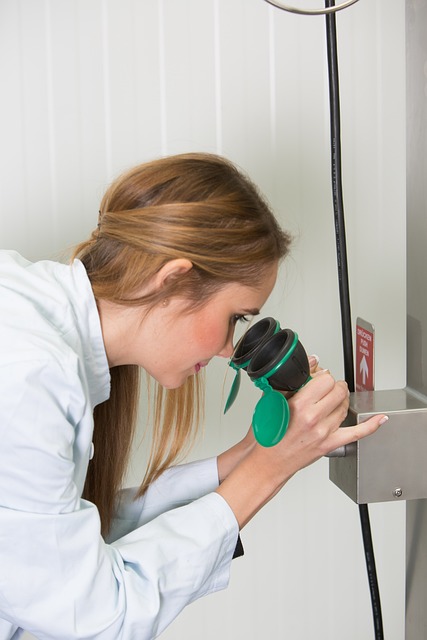
In the UK, drug safety reporting is governed by stringent regulations aimed at ensuring patient safety and the quality of pharmaceutical products. The key requirements for Drug Safety Reports (DSRs) in the UK are outlined in various guidelines and legislation, including the Human Medicines Regulation 2012 and the Good Pharmacovigilance Practice (GPVP) guidelines. These regulations mandate that pharmaceutical companies and healthcare providers report any adverse drug reactions (ADRs), suspected unexpected serious adverse reactions (SUSARs), and other safety-related data to the Medicines and Healthcare products Regulatory Agency (MHRA).
Translation services play a vital role in ensuring compliance with these UK healthcare regulations, particularly for multinational pharmaceutical companies operating in the UK market. Accurate and timely translation of DSRs into English is essential to meet regulatory requirements and facilitate effective communication within the healthcare industry. Professional translation services specializing in pharmacovigilance can help bridge language gaps, ensure data integrity, and streamline the drug safety reporting process, thereby contributing to a safer pharmaceutical landscape in the UK.
Common Challenges in Translating Safety Reports
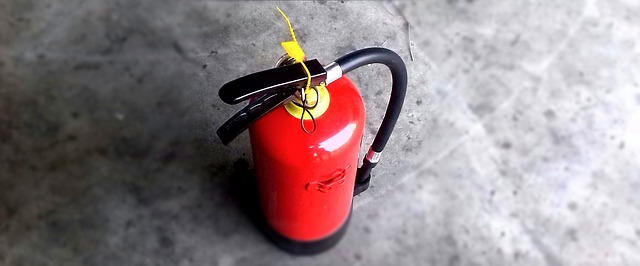
Translating safety reports, particularly in the pharmaceutical industry, presents several challenges due to the intricate nature of medical terminology and ever-evolving regulatory landscapes. When it comes to Drug Safety Reports (DSRs) in the UK, ensuring compliance with guidelines set by bodies like the Medicines and Healthcare products Regulatory Agency (MHRA) is paramount. One of the primary hurdles is the accurate rendering of technical jargon and complex scientific findings into another language while maintaining data integrity.
Translation services for Drug Safety Reports UK require specialists who understand not just the language but also the regulatory framework. This includes keeping up with updates to guidelines like ICH E2C(R2) for good clinical practice (GCP), which forms a cornerstone of DSR preparation and review. Moreover, cultural nuances must be considered to convey information effectively while adhering to UK healthcare regulations, making the translation process both complex and critical in ensuring patient safety.
Best Practices for Accurate and Compliant Translations
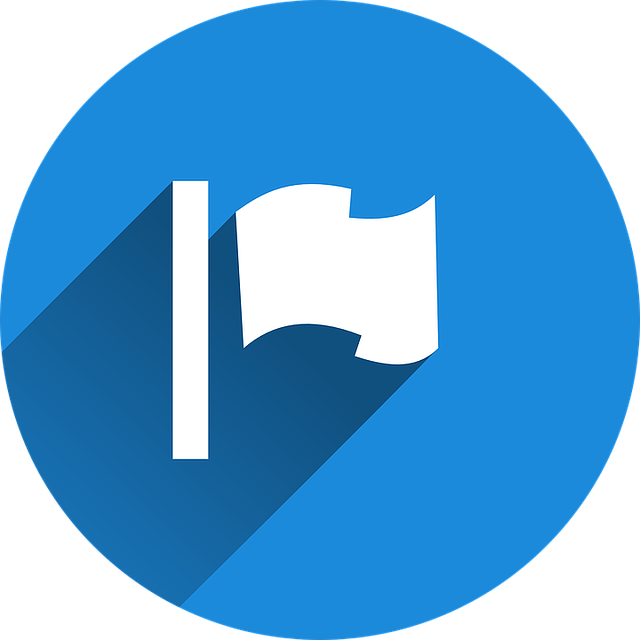
When it comes to Drug Safety Reports UK, accurate and compliant translations are non-negotiable. Healthcare regulations demand precision and clarity, especially when dealing with critical information that impacts patient safety. Engaging professional translation services specifically tailored for this domain is essential. These services employ experts who understand medical terminology and regulatory requirements, ensuring the translated documents are not only linguistically correct but also conform to UK guidelines.
Best practices involve thorough quality assurance processes. This includes proofreading by native speakers, subject matter expertise reviews, and adherence to terminological consistency across all languages. Using memory translation tools and avoiding machine-only translations further enhances accuracy. Remember that even a small error in these reports can have significant consequences, making professional and meticulous translation services your best bet for ensuring compliance.
Case Studies: Successful Translations in Healthcare
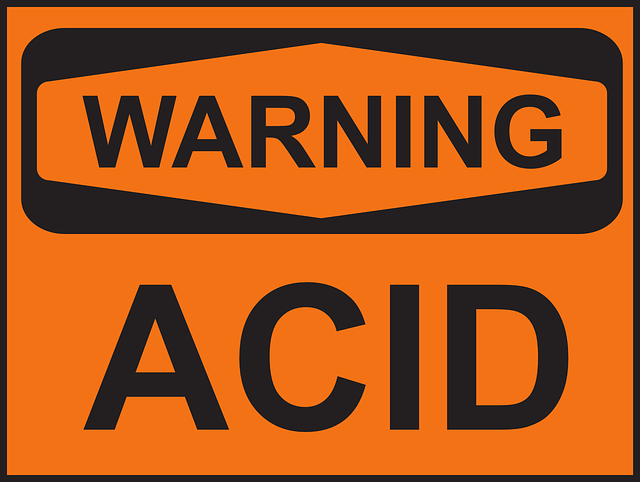
In the healthcare industry, clear and precise communication is paramount, especially when it comes to safety reports. Case studies demonstrate the pivotal role that professional translation services play in ensuring Drug Safety Reports (DSRs) meet UK regulations while facilitating global understanding. For instance, a leading pharmaceutical company faced the challenge of translating their DSRs into multiple languages for an international clinical trial. They partnered with expert translators who not only held medical and linguistic expertise but also understood the stringent requirements of the European Medicines Agency (EMA).
The translation process involved meticulous attention to detail, including terminological consistency across all languages, to maintain the accuracy and integrity of vital safety information. Through this collaboration, the company successfully navigated regulatory hurdles, ensuring their DSRs were compliant with UK and EMA guidelines while facilitating seamless communication with global stakeholders. This case highlights how specialized translation services can be a game-changer in healthcare, enabling organizations to overcome language barriers and uphold the highest standards of patient safety.
Choosing the Right Translation Provider for Your Reports
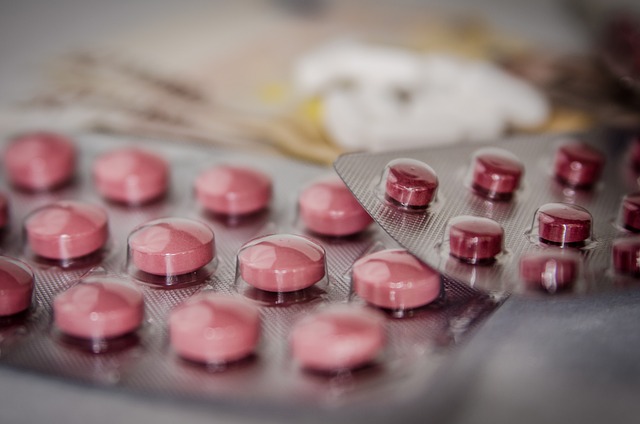
When it comes to drug safety reports, accuracy and compliance are paramount in the UK healthcare sector. Choosing the right translation provider is a crucial step to ensure your documents meet these standards. Look for companies that specialize in life sciences and have extensive experience with Drug Safety Reports (DSRs). They should possess a deep understanding of medical terminology and regulatory requirements specific to the UK market.
Reputable translation services for DSRs will employ professional translators who are native speakers, ensuring precise and culturally appropriate translations. Additionally, they should offer quality assurance processes, including proofreading and editing by subject matter experts, to guarantee accuracy and consistency throughout your reports.
Future Trends and Innovations in Drug Safety Report Translation

The future of drug safety report translation in the UK is set to be shaped by technological advancements and a growing emphasis on global healthcare standards. Artificial Intelligence (AI) and Machine Translation (MT) are increasingly being adopted to streamline the process, ensuring faster and more accurate interpretations of complex medical documentation. These innovations promise to enhance efficiency, reduce costs, and improve accessibility for healthcare professionals across the globe.
With the UK’s robust pharmaceutical industry and growing international collaboration, there is a rising demand for specialized translation services tailored to Drug Safety Reports. Advanced translation technologies will enable seamless communication of safety data between diverse languages, facilitating global drug approvals and post-market surveillance. This evolution in translation services aligns perfectly with the regulatory landscape, where UK healthcare authorities prioritize transparency and efficient information exchange to maintain public health safety.
Ensuring your drug safety reports comply with UK healthcare regulations is paramount for maintaining patient safety and regulatory integrity. By understanding these requirements, leveraging translation services specializing in pharmaceutical terminology, and adopting best practices for accurate translations, healthcare providers can navigate the complexities of global reporting effectively. Choosing a reputable translation provider skilled in handling such sensitive documentation is crucial to achieving compliance and fostering trust among stakeholders. As technology advances, innovative tools and methods will continue to enhance the precision and efficiency of drug safety report translation services for the UK market.
